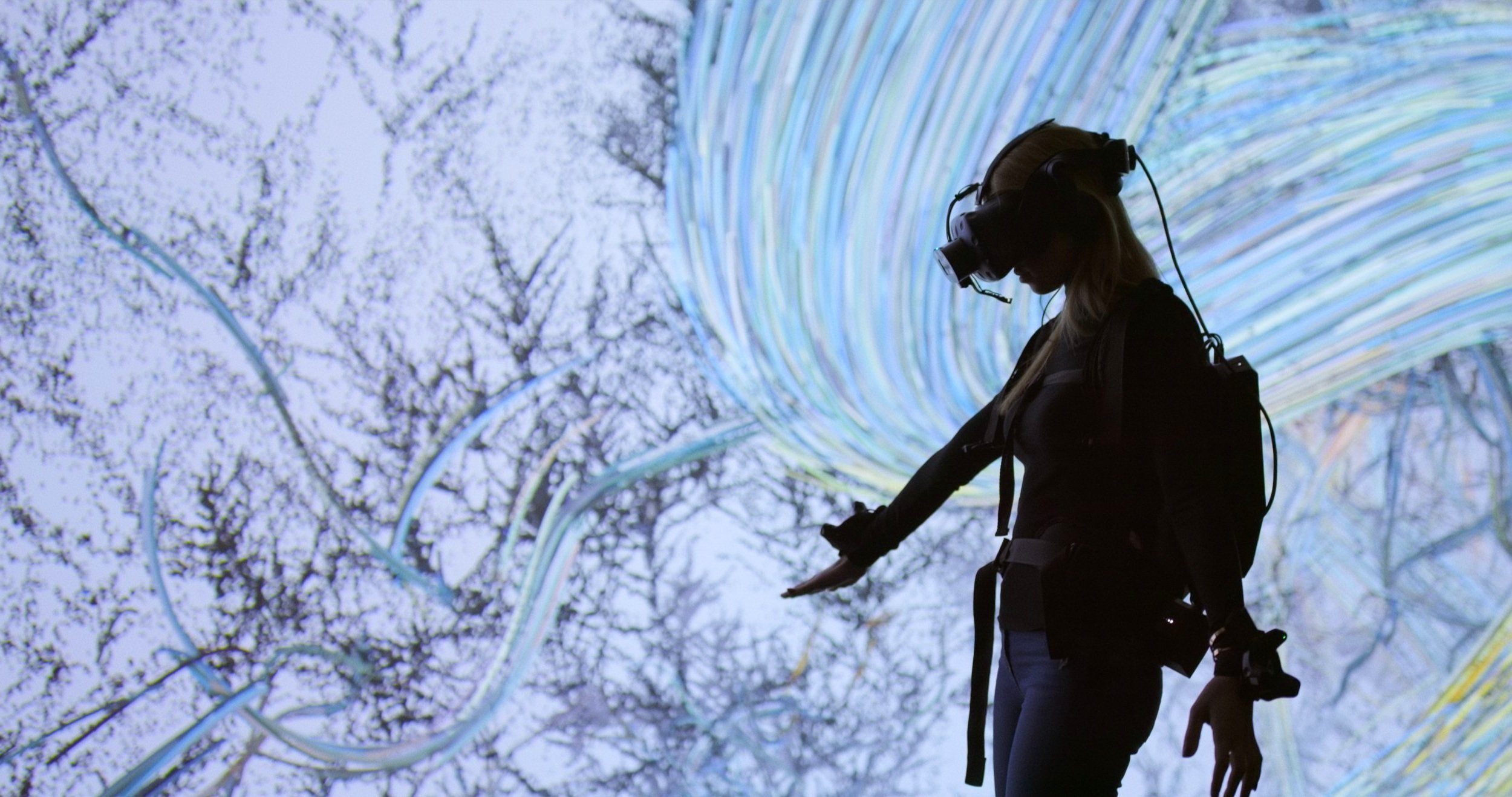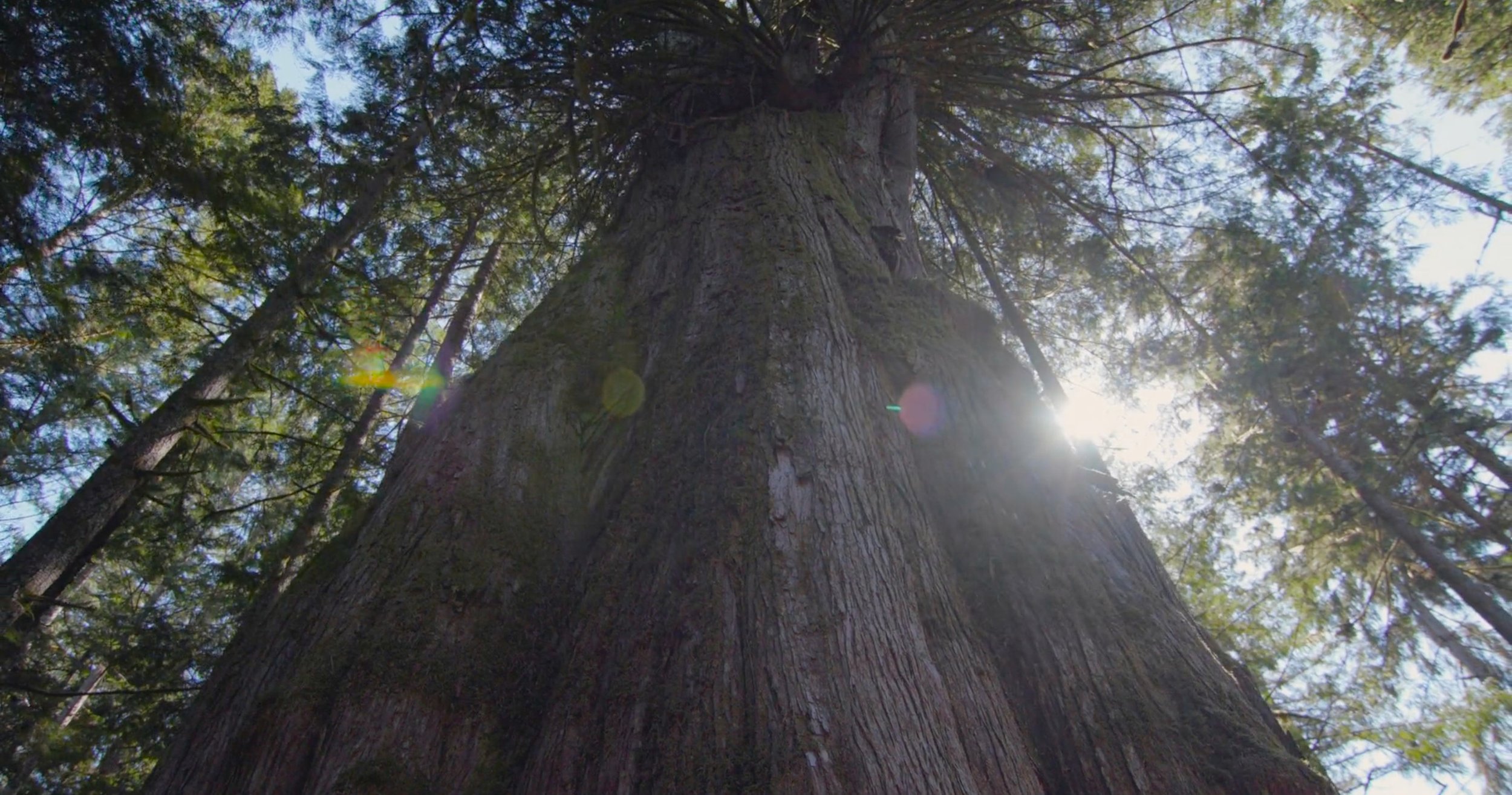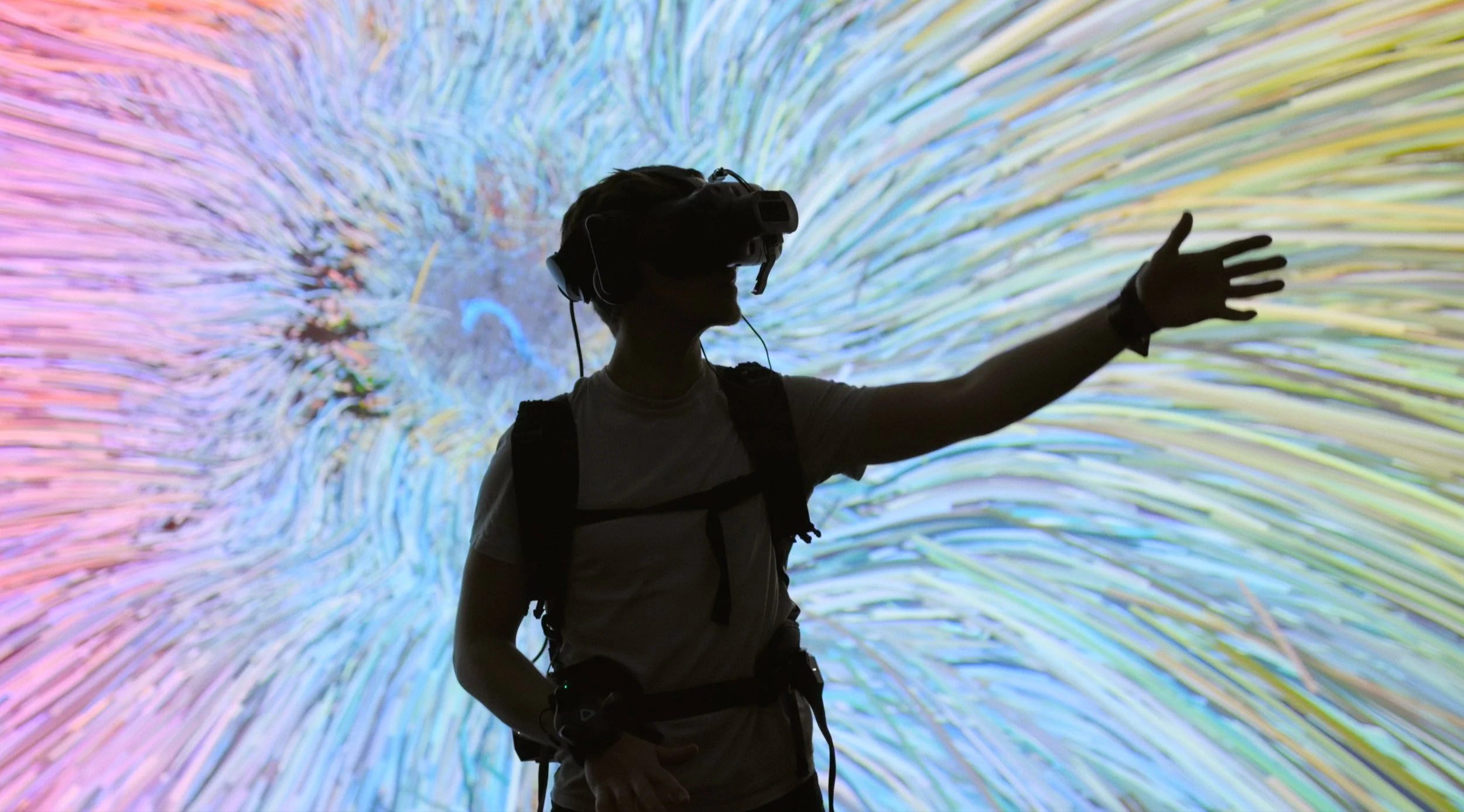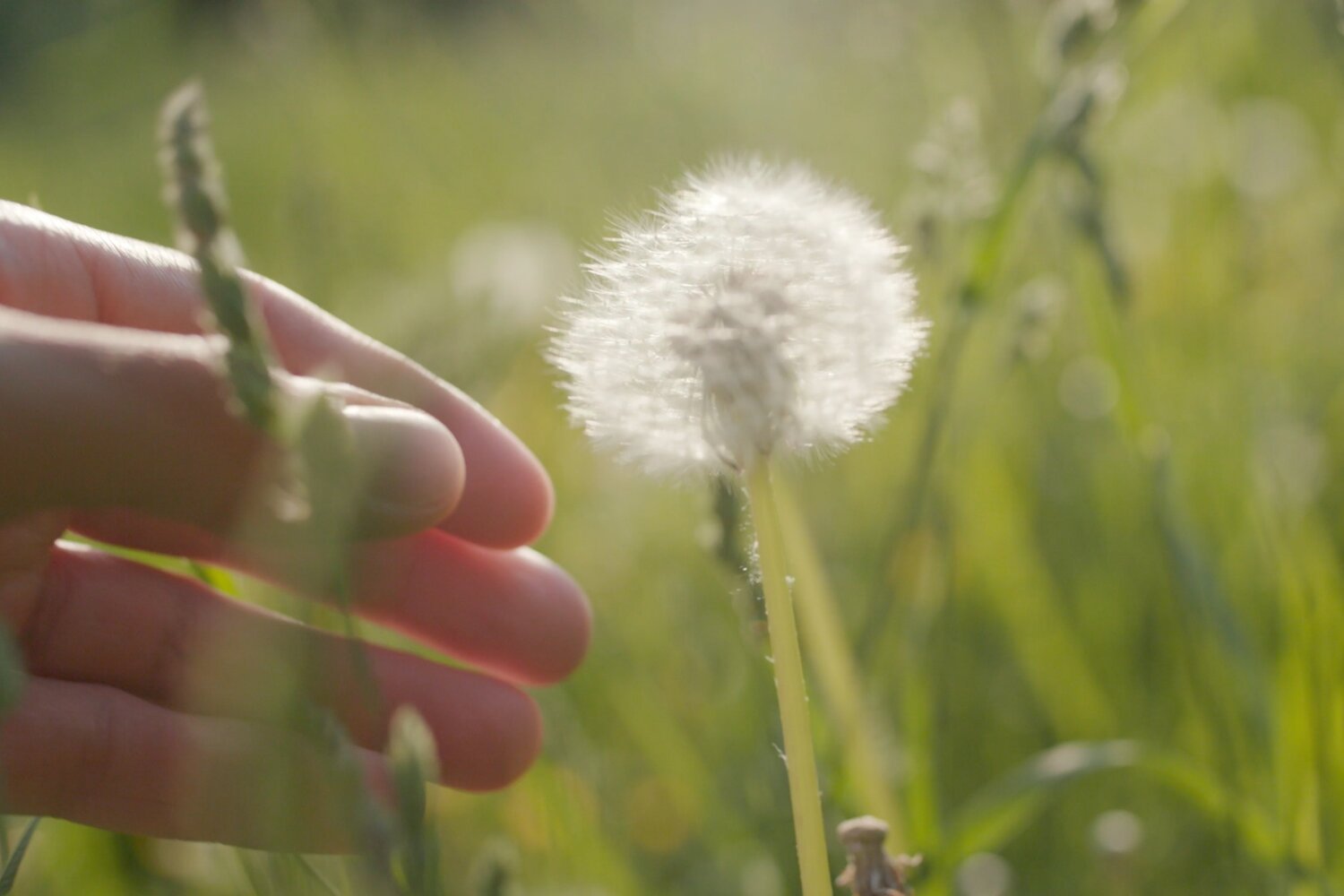
Forgetting Nature
For most people in industrialised countries, we have never been more disconnected from wild nature. And as wildlife is declining, we are becoming numb to what we’ve lost.
Forgetting Nature is an urgent reminder to protect the richness of nature in our lives. It is a catalyst to get more people thinking and talking about the importance of connection to wild nature, then acting on it.
// independent documentary short
I researched and shot this independent project over a few years between 2017 and 2020, filming across the UK, USA and Canada.
We are in the midst of a progressive separation of humans from the rest of the living world, an ‘extinction of experience’ in parallel with a mass extinction of species.
The film reminds us that people - not melting ice caps or dead rainforests - are where this story really starts.
Through the under-appreciated trap of environmental amnesia, each generation risks accepting a more depleted natural world.
But there are steps we can take to avoid this…

“We’re usually aware of the gain, because we can feel what the gain is. The question is, what are we losing?”
- Peter H. Kahn
What can we do about it?
Reversing the trend that Forgetting Nature warns about will need humanity to fundamentally change course.
The good news is, there’s a movement of many brilliant organisations and people already working towards a more hopeful future. You don’t need to wait for the whole world to change: you can make your own life richer, happier and healthier straight away. Here are some ideas to get started:
Get more wild time
Finding time to get outdoors and pay attention to the wildlife around us is the simplest and perhaps most important action we can take. Try these ideas:
outdoor activities for children from the UK’s Wild Network
join 30 Days Wild this summer, or start yours right now
plan a trip to a wild landscape near you: a national park or a local wildlife reserve (National Parks in Canada, USA and UK)
2. Help wildlife at home
As well as being more mindful of what’s living around us, we can actively help nurture it.
Whether encouraging wildlife in your garden, or volunteering with a local conservation group, there are many ways to boost wildlife on your doorstep.
3. Support Organisations
The world’s wilderness areas are shrinking because of human activity: urban sprawl, agriculture and resource extraction.
Leaving space for nature to regenerate restores ecosystems and leaves a legacy for future generations to experience the same natural wonders we have. Hopefully even more of them!
Robin photo by Andy Willis

Credits
Directed by
Ross Harrison
Produced by
Alastair Hope-Morley
Sound Mixer
Steven Bechtold
Sound Editing
Upcycled Sounds (Nicholas O’Brien)
Music
Rival Consoles
Featuring
Peter Kahn is a professor in the Department of Psychology, and School of Environmental and Forest Sciences at the University of Washington, and Director of the Human Interaction With Nature and Technological Systems (HINTS) Lab. The HINTS Lab seeks to address, from a psychological stance, two world trends that are powerfully reshaping human existence: the degradation, if not destruction, of large parts of the natural world; and unprecedented technological development, both in terms of its computational sophistication and pervasiveness.
Special Thanks
Nuxalk Nation, for permission to film on their lands
Thanks
Ted Campbell, Yolanda Clatworthy, Deana, Deep, Dhruvi, Diviyan, Lola Gatley, the Harrisons, Harry, Matlida Hay, Matt Hay, Claire Hill-Dixon, Hunter, Hannah Jacobs, Jade, Beth Jones, Lizzie Jones, Mike Jones, Joey, Karen, Charlie Kimber, Kylie-Ray, Lachlan, Sam Lee, Levita, Louis, Lucas, Luke Mack, Mabin Maroney, Marshmallow Laser Feast, Heather McPhail, Mic, Mekhi, Nitya, Harry Pill, Leo Plunkett, Samantha, Sara, Iris Siwallace, Jessica Sweidan, Taha, Tamara, Tiffany, Vanessa, Christopher Walsh, William, Sam Wilton, Adele Worsley, Qla, Qwaxwinay, Xiaotiang, Zoe
Website header and video thumbnail image from Marshmallow Laser Feast installation.






